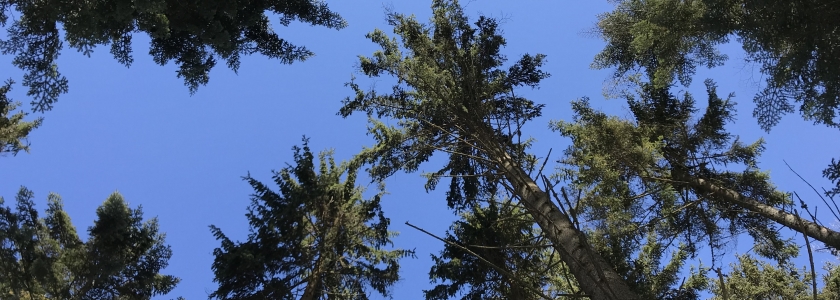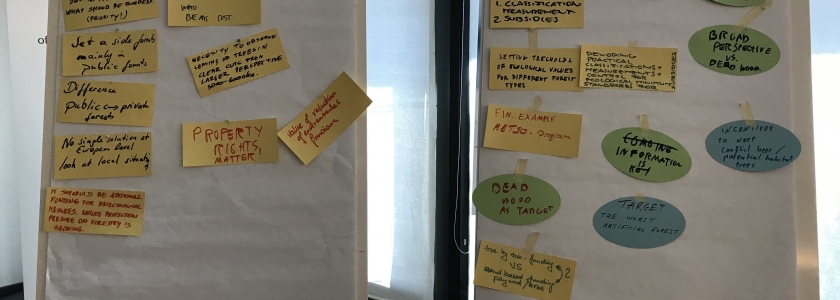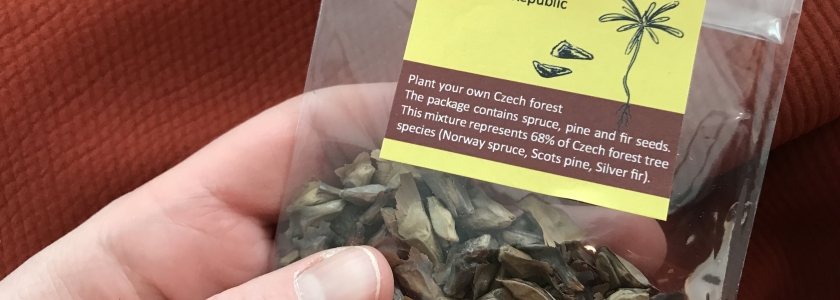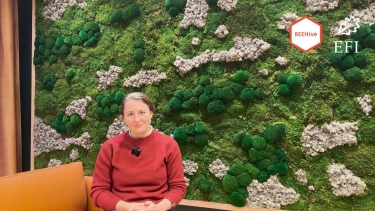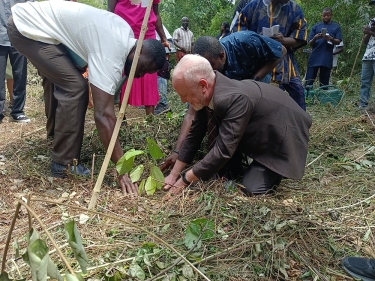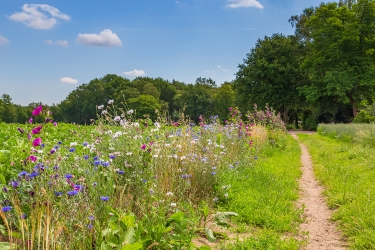Combining ecology and economy
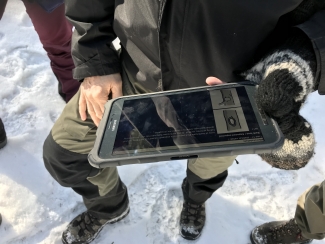
How are different European countries dealing with Integrated Forest Management and which role do questions like tree composition, forest ownership, and expectations with regards to timber production play? What are the challenges regarding effective funding schemes for Integrated Forest Management, and why do we need payments for ecosystem services? How can we better communicate the advantages of Integrated Forest Management? Which tools can be used to further educate foresters, policy makers, and other relevant stakeholders? Following the invitation of the Ministry of Agriculture of the Czech Republic, we discussed these and more issues in the framework of the second meeting of the European Network INTEGRATE from 19-21 March 2018.
Together with more than 40 representatives of ministries, state forests and private forest owners, researchers and practitioners from 10 European countries, we spent three inspiring days in the Czech Republic. Most of the participants came from Poland, Slovakia, Germany, Croatia, Austria and – of course – the Czech Republic, and Italy was represented by a new network member from the Italian Ministry of Agricultural, Food and Forestry Policies. Joining INTEGRATE for the first time, policy makers from Finland, Latvia and Belgium shared their countries’ approaches to forest management and the integration of nature protection in forest policy.
Part of the meeting was a Marteloscope exercise, taking place at the „Královský hvozd” Marteloscope located in the Šumava (Bohemian Forest) border area. In the Czech Republic this tool is not only used to train practitioners and enhance nature protection in managed forests, but also to support and monitor the restructuring of forest stands from primarily mono-cultures (ca. 70% spruce) to mixed forests. The feedback of the workshop has made it very clear, that Marteloscope sites have become a widely accepted tool for exercising and demonstrating purposes as well as a great way to balance economic and ecological demands foresters are constantly faced with. However, network members highlighted that marteloscopes are one tool among others, and exchanged experiences with alternative tools for forest monitoring and education.
After the marteloscope exercise our excursion continued in the Šumava National Park, where we learned that game management is a critical issue for local foresters due to the huge stock of wild deer. Another challenge for the conversion of Czech forests is bark beetle damage, especially in the Moravia region. Moravia has been severely affected by bark beetle infestation due to hot and dry weather in summer 2015 and the situation was made worse in 2017 by hurricane winds which damaged large areas of forests. (For more information: Radio Praha report “Barking up the right tree”)
How Integrative Forest Management can be used to deal with the current bark beetle outbreak in Europe was not only an important topic of the excursion, was also examined from a scientific perspective the following day. Jacek Hilszczański, Director of Forest Research Institute in Poland elaborated in his keynote on the damage caused by bark beetle in the Białowieża Forest – and presented different potential approaches on how the infestation could be controlled. Further presentations from European countries shed light on more topics the European Network INTEGRATE is concerned with: e.g. monitoring of nature protection aspects in managed forests (Austria); conflicts between foresters and the public with regards to forest management and the need to find a convincing “Integrative Forest Management narrative” (Slovakia); establishing a constructive dialogue between the different interests of public and private forest owners and society in a densely populated country (Belgium); encouraging landowners to protect their valuable forest habitats by offering a full compensation for conservation with a Forest Biodiversity Programme like METSO (Finland); as well as the role organizations like ProSilva can play in promoting Integrative approaches in Europe.
In the following World Café, we from European Forest Institute Resilience Programme facilitated the discussions on the development of best-cases for the communication of Integrated Forest Management and potential payment schemes for ecosystem services.
The groups examined effective funding schemes for Integrative Forest Management and discovered important questions, requiring answers beforehand. Questions such as whether incentives or subsidies should be measure – or result-based and whether funding should be tree-based or stand-based. Participants agreed that there is no one-fits all solution for Europe and that it is crucial to consider and address local differences. Somehow the discussion opened up more questions – but this is common in World Cafés, since they are not a tool for decision making, but for offering a space for knowledge sharing and creative ideas.
The groups elaborating on effective funding schemes for Integrative Forest Management discovered that before developing ideas for incentives or subsidies, it should be decided whether these should be measure-based or result based, and whether the approach should be tree-based funding or stand-based funding. Participants agreed on the need to look at local conditions instead of finding the overall European solution. A result of the discussion seemed to be more open questions than before and very few answers – but this is common in World Cafés, since they are not a tool for decision making, but offering a space for knowledge sharing and creative ideas.
With regards to communications, the World Café groups emphasized the need for science-based narratives when balancing conflicting interest – with European Forest Institute providing the scientific input with the project Integrated Forest Management Learning Architecture (INFORMAR). Practical information like the catalogue of tree microhabitats was considered very useful, too. Figures are crucial to be able to communicate in an understandable way. Finally, the participants stressed the importance to be integrative not only when it comes to forest management approaches, but also when it comes to stakeholders involved in these processes. In a nutshell: nature conservationists, NGOs, and societal representatives need to be part of the discussions on how to combine nature conservation and forest management.
The discussions shed light on the importance to exchange different perspectives and reflect upon the different languages we speak – not just as Europeans coming from different countries, but also as policy makers, foresters, scientists, journalists, environmentalists, concerned citizens and so forth. The meeting of the European Network INTEGRATE provided us with the opportunity to listen and learn – and we went home not just with seeds of common trees of the Czech Republic, but also with many seeds of thought.
